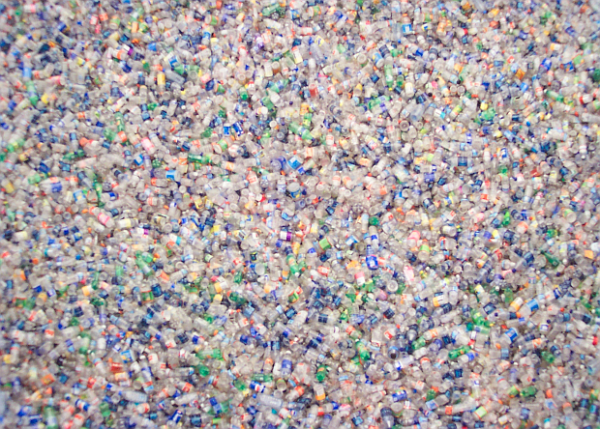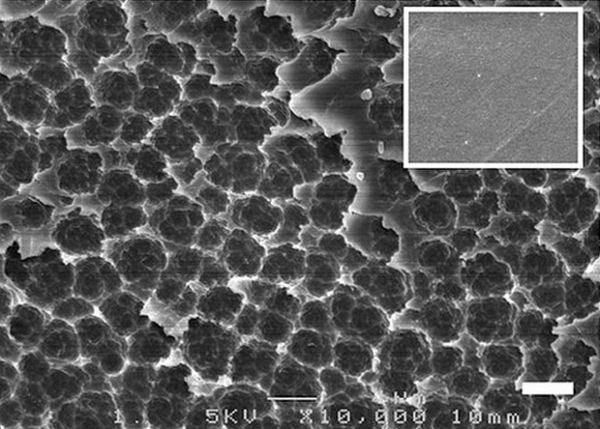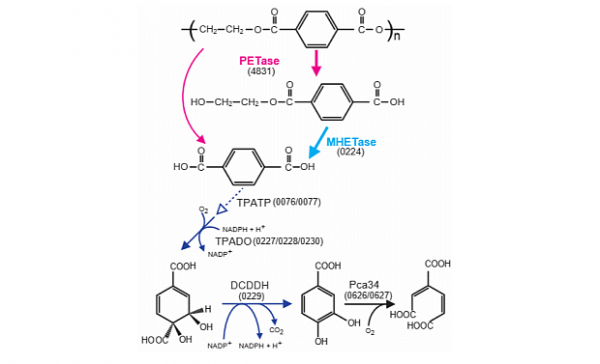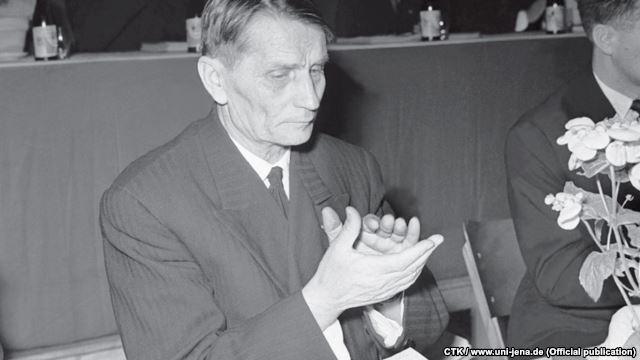Bacteria have learned to eat plastic bottle

PET bottles
Matt Montagne / Flickr
Japanese biologists have found a new strain of bacteria that is able to recycle polyethylene terephthalate (PET) is one of the most common types of plastic. The article can be found in the journal Science, briefly it leads the statement of the American Association for the advancement of science.
The authors collected several hundred samples of soil and dirt close to the plant for processing PET bottles and analyzed what kinds of bacteria live in these conditions. Among the samples the biologists managed to isolate a strain of bacteria Ideonella sakaiensis 201-F6, which were able to hydrolyze plastic with the help of special enzymes. According to the authors, these bacteria are able to process thin (0.2 mm) film of polyethylene terephthalate for six weeks at 30°C. it is Important to note that the organisms not only destroy the polymer, but also use it for energy.

Film of polyethylene terephthalate, is destroyed by bacteria
Yoshida et al. / Science, 2016
The bacteria hydrolyze the polymer in two stages. At first it turns into a low-molecular substance, monohydroxyethyl ester of terephthalic acid. For this transformation meets an enzyme called scientists Patati. Then there is a decomposition of the monomer using the following enzyme Matasy — the result is terephthalic acid and ethylene glycol, further transformations are well described.

The scheme of the metabolism of polyethylene terephthalate
Yoshida et al. / Science, 2016
The authors note that Patata has no close analogues in related bacteria, which may indicate rapid evolution. According to biologists, this confirms that different species are able to quickly adapt to environmental changes.
Although the activity of the enzyme is much higher than other peers that can destroy plastic, it is still not efficient enough for commercial use. The authors hope to get an answer to the question, making it more active — this can help to create new, artificial enzymes, which quick disposal of waste will be possible.
Vladimir Korolev







